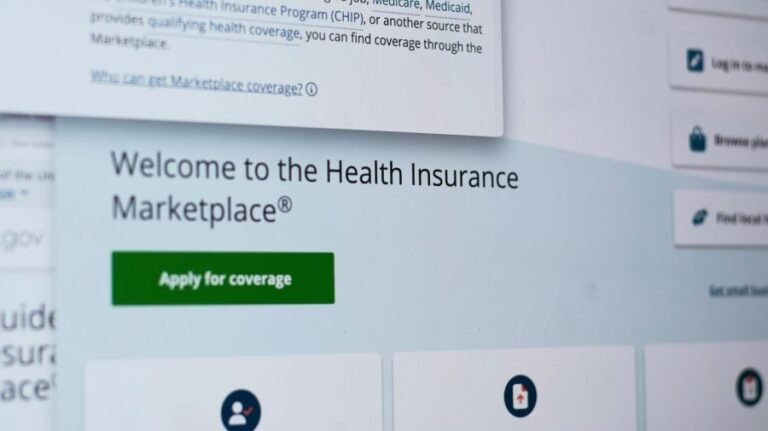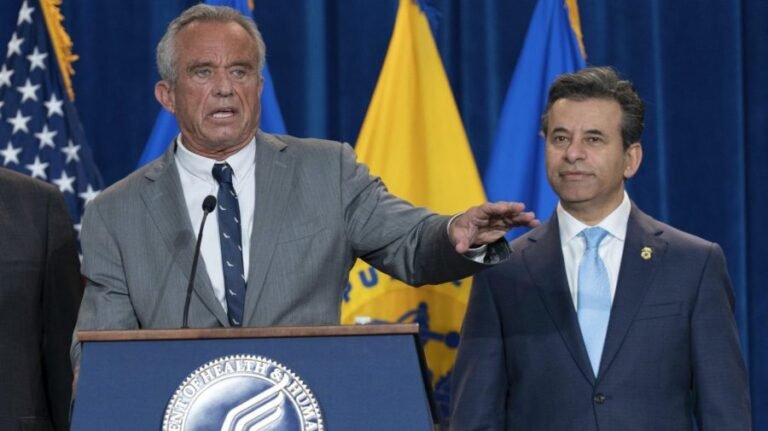
A Toyota executive pushed back on President Trump’s recent claim that the company pledged to invest $10 billion into U.S. auto plants but stressed the automaker‘s commitment to continued investment.
Speaking to reporters on the sidelines of the Japan Mobility Show in Tokyo, Toyota executive Hiroyuki Ueda said he thinks the $10 billion Trump mentioned during his visit to the Asian country referred to a number discussed during his first administration.
“During the first Trump administration, I think the figure was roughly around $10 billion, so while we didn’t say the same scale, we did explain that we’ll keep investing and providing employment as before,” Ueda told reporters, according to Reuters.
“So, probably because of that context, the figure of about $10 billion came up,” he continued. “Therefore, we didn’t specifically say that we’ll invest $10 billion over the next few years.”
In a statement to The Hill, Toyota stressed its commitment to investing in America but did not specify a number pledged during recent talks with the administration.
“Toyota remains committed to continued investment in its U.S. operations, reflecting our principle to build where we sell and buy where we build,” the statement reads. “With nearly $50 billion already invested and 49,000 direct employees across the United States, this ongoing commitment strengthens our support for American manufacturing, supply chains, jobs, and customers. More details will follow soon.”
Trump on Tuesday encouraged U.S. troops to buy Toyota cars, touting the investment pledge.
“I was just told by the prime minister that Toyota is going to be putting auto plants all over the United States to the tune of over $10 billion,” he said aboard the USS George Washington at the Yokosuka Naval Base.
“Go out and buy a Toyota,” the president added, garnering applause.
“We have so many things happening in the United States,” he continued, referring to the emergence of artificial intelligence (AI) plants across the country. “And it’s because of the Nov. 5 Election Day, but it’s also because of tariffs.”

